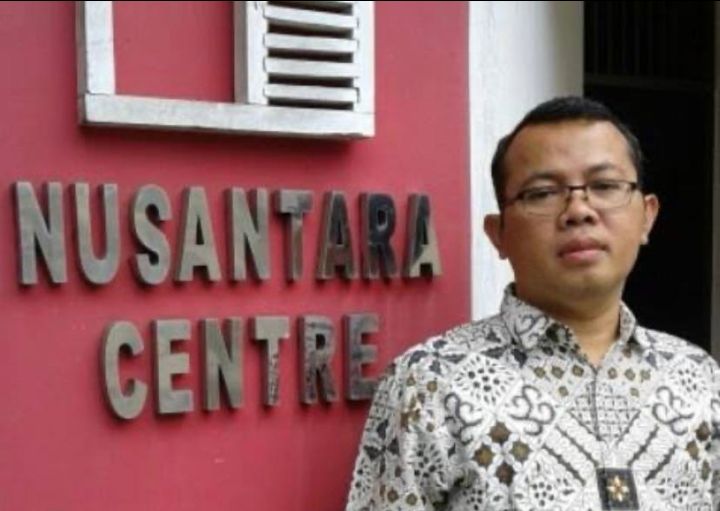With full confidence, President Prabowo stated that he disagrees with neoliberal economics. The reason is that the wealthy in the neoliberal school do not share their riches with the lower classes (23/07/2025).
Without trickling down, the level of inequality in Indonesia, as measured by the Gini Ratio according to the Central Statistics Agency (BPS) in March 2025, stands at 0.375. This clearly contradicts the constitutional mandate, which states: the nation must prosper all its citizens.
Prabowo’s anti-neoliberal stance is a thesis he has repeatedly emphasized, campaigned on, communicated, written about, and echoed. Unfortunately, it remains unrealized in “agency.” Why? Virtually all the economists chosen to assist him in the cabinet adhere to neoliberal principles—with Sri Mulyani as the primary captain.
During her tenure as Finance Minister, her key policies revolved around “6 i’s”: (foreign) investment, intervention, infiltration, inefficiency, destabilization, and invasion. Naturally, this program has led to significant “6 d’s”: De-Indonesianization, De-nationalization, De-rationalization, De-moralization, De-technological innovation, and De-industrialization.
What is the clearest evidence? Indonesia is plagued by corruption and the normalization of graft at all levels; we export raw materials and import finished goods.
Neolibertarians are fond of making drastic decisions that ensure unequal access to education, healthcare, capital, employment, and legal and human rights. Simultaneously, many of their policies do not favor poor, uneducated, or disabled citizens.
As a result, after more than 50 years of being gripped by neoliberal agencies, institutions, and ideologies, our citizens have been molded into three categories: (1) the upper class—engaging in corruption; (2) the middle class—behaving cynically; (3) the lower class—constantly complaining.
This is reinforced by the emergence of a citizenry characterized by “3 d’s”: distrust, disorder, and disobedience. A distrust society is one where citizens lack faith in each other and government institutions—fueled by corruption, legal injustice, lack of transparency, and a tradition of betrayal by the ruling elite.
Meanwhile, a disorder society reflects chaos in the civic system—whether biological, psychological, or socio-political. It is a mental disturbance affecting citizens’ thoughts, emotions, and behavior, leading to anxiety, depression, stress, and even bipolar disorder due to the nation’s dire state.
As for a disobedient society, it describes actions that defy rules, orders, or prevailing norms. Citizens refuse to follow instructions and regulations, even resisting them. This is the foundation of chaos and revolution.
In short, we are cursed with a fate marked by a deficit of statesmen who set examples, a lack of scholars who provide solutions, and the disappearance of nobility who practice virtue. This is truly a grim portrait of a nation descending into civilizational darkness.
How to overcome it? Expedite education on Indonesian identity, rooted in Pancasila’s socio-political values. But remember, assembling this front (from feelings, thoughts, words, writings, and actions) is the tremor of eternity—a bitter and unsettling one.
Yet it is also a fulfilling struggle because it is a “shared path” with the impoverished in a republic increasingly straying from its constitutional promises. In short, this is a war of intellect that few are willing to join. If victorious, many will claim credit and follow—even manipulate. If defeated, they will laugh and applaud.
Thus, there will be many stories, tales, confessions, grievances, and moments of seriousness worth remembering and preserving. Therefore, prepare a space in this shared revolution, and let the whirlwind dance among us. For revolution gives nothing but itself and takes nothing but from itself.






